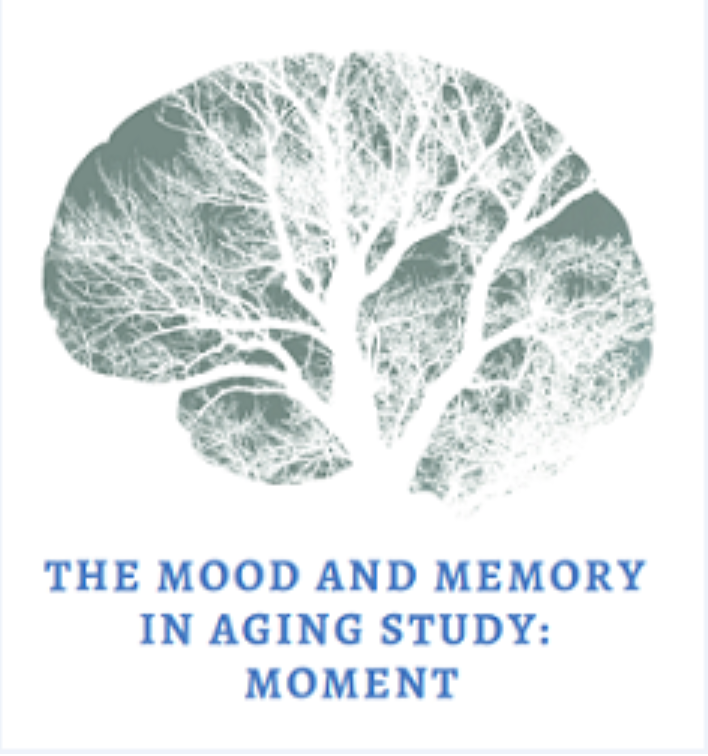MOMENT
The Mood and Memory in Aging Study

Increasing data suggest that older individuals with elevated beta-amyloid (Aβ) burden together with tau are at increased risk for cognitive decline over time, as is being studied in the Harvard Aging Brain Study. However, it is important to study this question in individuals with depressive disorder, who are otherwise not enrolled in the Harvard Aging Brain Study, given the prevalence of depressive disorders in the population and the impact of depression on memory and thinking.
Late life depressive symptoms with or without significant changes in cognition are common in older adults, whose clinical trajectory, particularly their risk of developing the cognitive changes of AD, is unclear. Thus, clinicians and patients are often resigned to watchful waiting, with little guidance on which patients may have the highest risk and greatest need for interventions being developed to prevent AD dementia.
This observational study is being carried out to determine whether the presence or absence of late onset depressive symptoms in older adults (above 65) may predict problems in memory and thinking, and accumulation of Alzheimer’s Disease (AD) associated brain related changes. It is important to do this in order to identify future ways to prevent or treat memory problems in adults with depression; a condition which is at times misperceived to be a normal part of aging. We hope to determine if older adults with depressive symptoms have greater underlying AD pathology or if these pathological changes are accelerated, and to examine whether older adults with depressive symptoms are at greater risk of progressing to early clinical AD.
Principal Investigator

Jennifer Gatchel MD, PhD
Project Contact

Pranitha Premnath
Clinical Research Coordinator
ppremnath@mgh.harvard.edu
617.726.8243